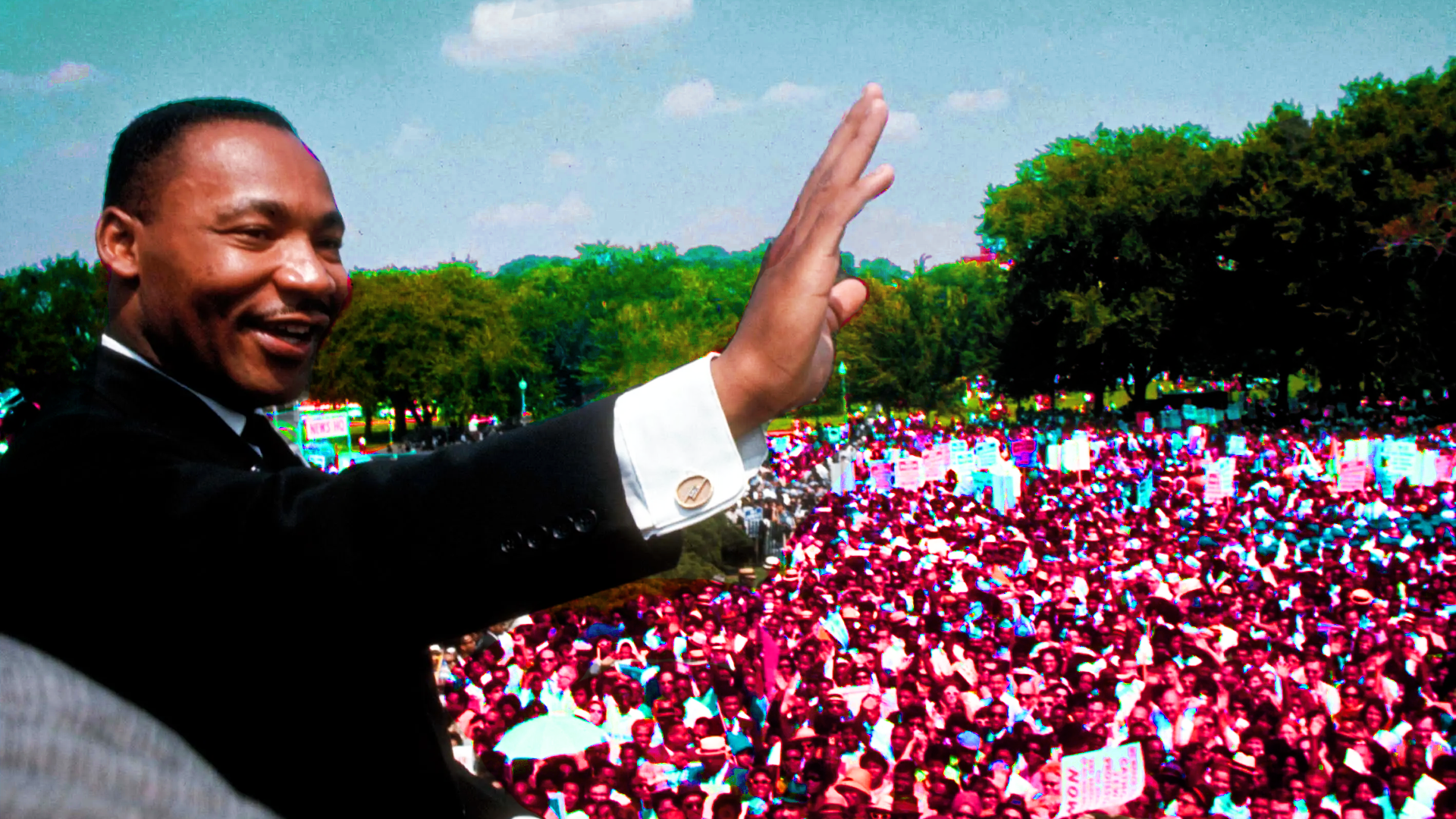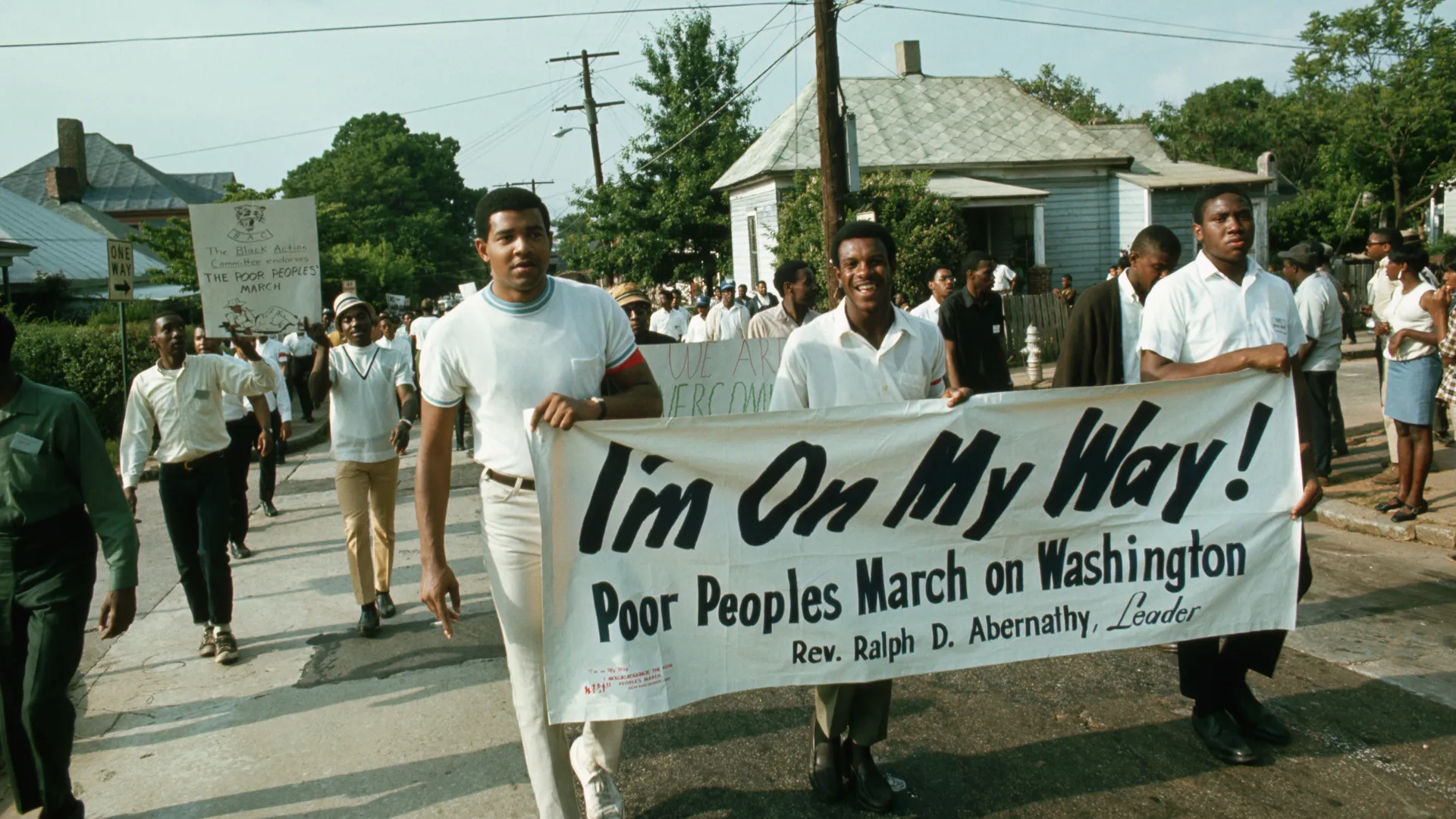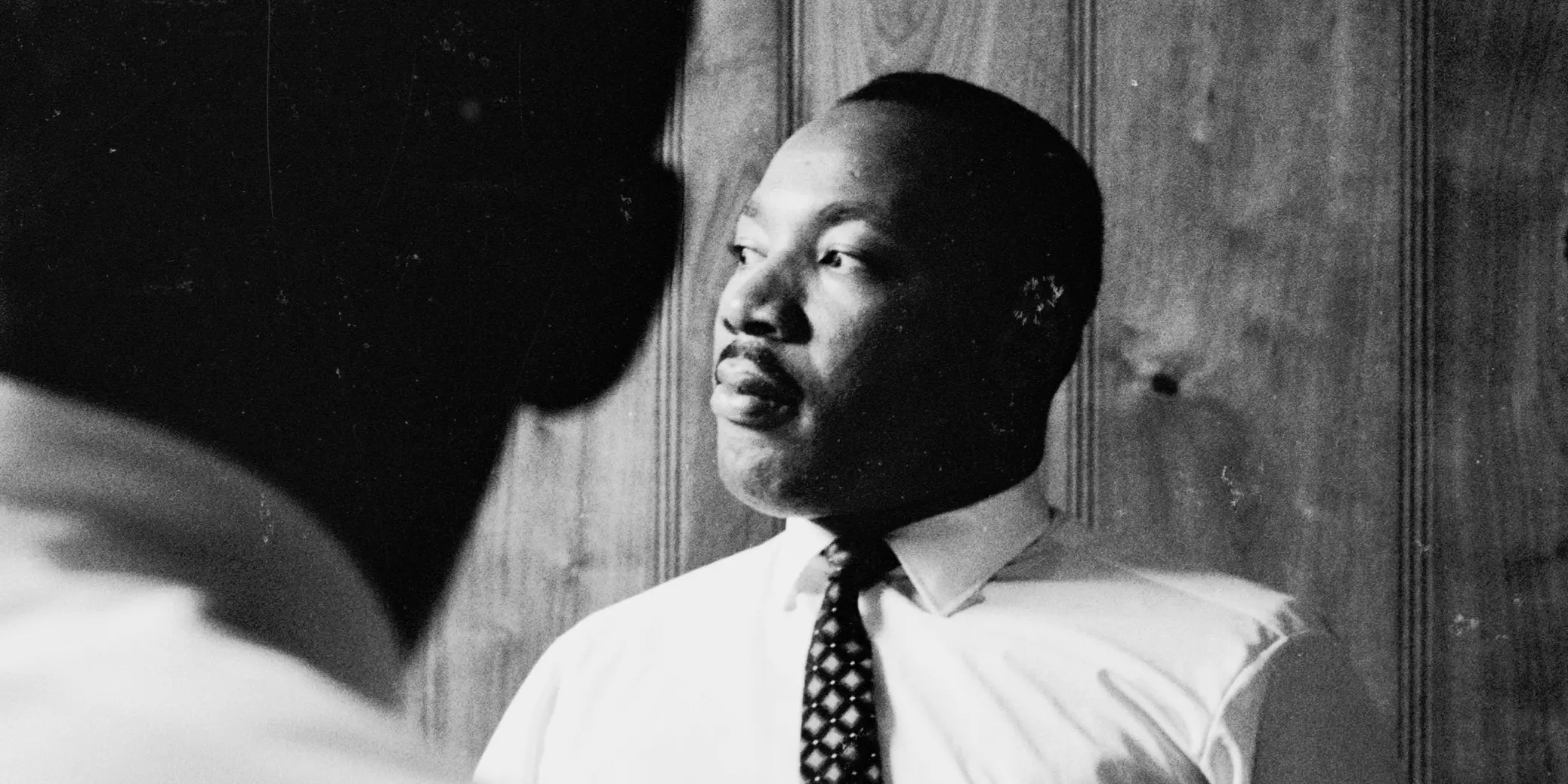MLK the Disrupter and the Poor People’s Campaign

MLK’s final chapter was about more than civil rights, it was a bold demand for economic justice that challenged the nation’s values at their core.
The Dive
By the late 1960s, Martin Luther King Jr. had achieved victories that many thought impossible—ending legal segregation in public facilities and securing federal protection for voting rights. Yet King understood that racial equality meant little without economic security. Black and white Americans alike were still trapped in poverty, working low-wage jobs, or unable to find work at all.
King’s activism had always been disruptive in the best sense of the word. The Birmingham campaign of 1963 deliberately filled jails with nonviolent protesters to force negotiations over segregation. These tactics upset those in power but proved effective in drawing national attention and pressuring leaders to act.
By 1967, King had expanded his vision. He spoke out against the Vietnam War, arguing that the nation could not fight for freedom abroad while denying justice at home. He also began pushing for economic justice—calling for guaranteed jobs, a living wage, and affordable housing. These positions were controversial, even among allies, because they directly challenged entrenched economic and political interests.
The Poor People’s Campaign was the embodiment of this broader vision. Planned by King and the Southern Christian Leadership Conference, it aimed to bring thousands of poor Americans—Black, white, Latino, and Native American—to Washington, D.C., for a massive, sustained protest. The idea was to occupy the capital in 'Resurrection City,' a tent community, until lawmakers acted on demands for economic reform.
King saw this as the 'next phase' of the Civil Rights Movement—moving from civil rights to human rights. He called for a 'revolution of values' that would confront the 'giant triplets' of racism, poverty, and militarism. This was not simply about passing another law; it was about changing the moral direction of the nation.
The campaign faced enormous challenges. King was assassinated in April 1968 before the protest began, dealing a devastating blow to morale and leadership. The campaign went forward under Ralph Abernathy, but without King’s unifying presence and amid government resistance, it struggled to achieve its ambitious goals.
Why It Matters
King’s final campaign reminds us that justice is interconnected—civil rights, economic opportunity, and peace cannot be separated—and that true leadership often means speaking truths people would rather ignore. His work in these final years offers a powerful lesson in how movements evolve: addressing one injustice often exposes the deeper systems that uphold it, and dismantling those systems, such as systemic poverty, requires more than legal reform; it demands the courage to challenge the status quo at its very foundations.
?
Why did King see economic justice as the next step after civil rights victories?
How did King’s opposition to the Vietnam War affect his public image and political support?
What challenges did the Poor People’s Campaign face after King’s assassination?
How does the idea of a 'revolution of values' apply to today’s struggles for justice?
In what ways was King’s activism both inspiring and disruptive?
Dig Deeper
A photojournalistic look at the Poor People’s Campaign, highlighting the journey and determination of participants traveling to Washington, D.C.
Watch King’s iconic 'I Have a Dream' speech, where he envisioned a future of equality and unity for all.
This video celebrates the life of Dr. Martin Luther King Jr., an inspiring figure who changed the world through peaceful protest and a relentless fight for justice.
Related

Montgomery Bus Boycott, Greensboro Sit-In, and the Rise of MLK
From Montgomery’s buses to Greensboro’s lunch counters, ordinary citizens ignited extraordinary change — and a new national leader emerged.

The Voting Rights Act of 1965: Enforcing the 15th Amendment
How a landmark law transformed voting access in the South and gave real force to the promises of the 15th Amendment.

The Civil Rights Movement: Struggle, Solidarity, and Social Change
From classrooms to courthouses, buses to bridges, the Civil Rights Movement reshaped America’s laws — and its conscience.
Further Reading
Stay curious!

